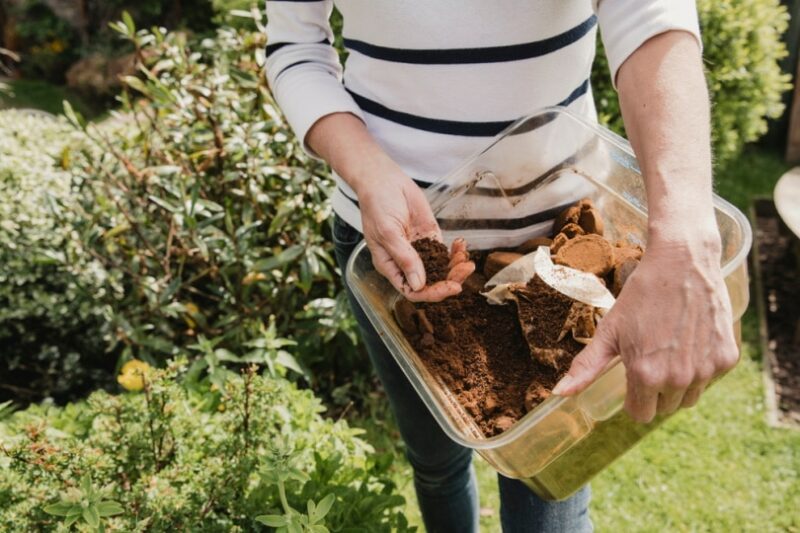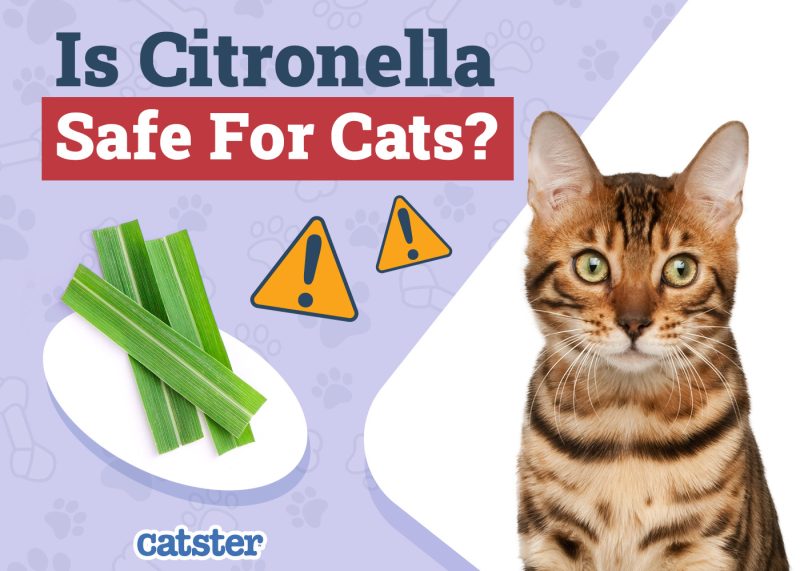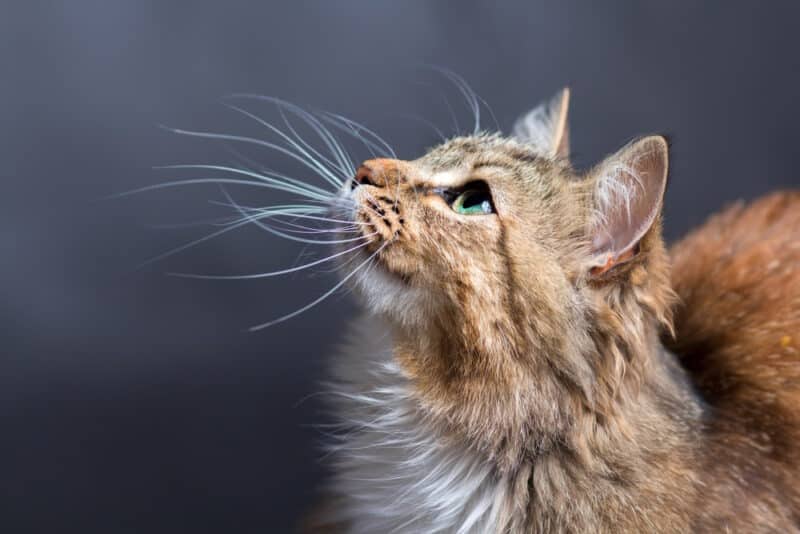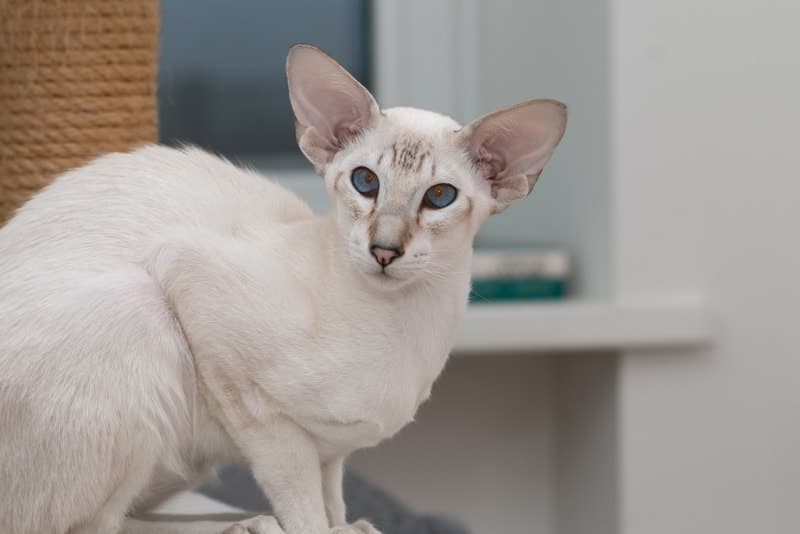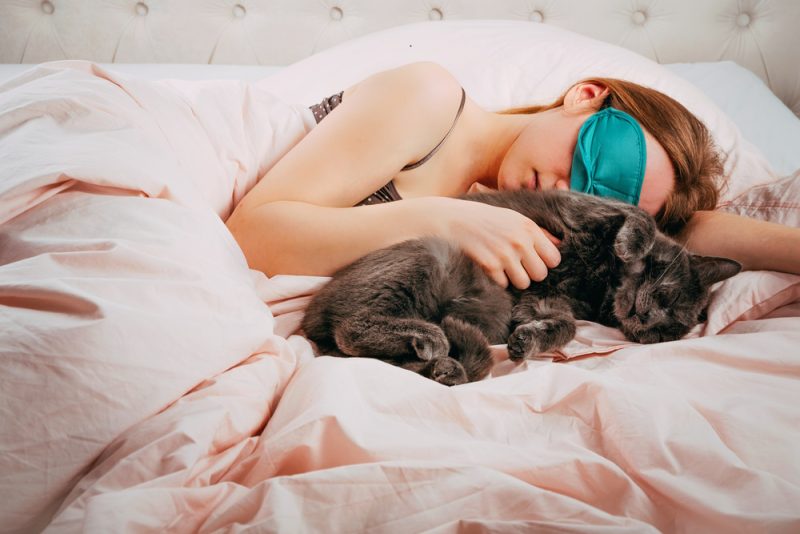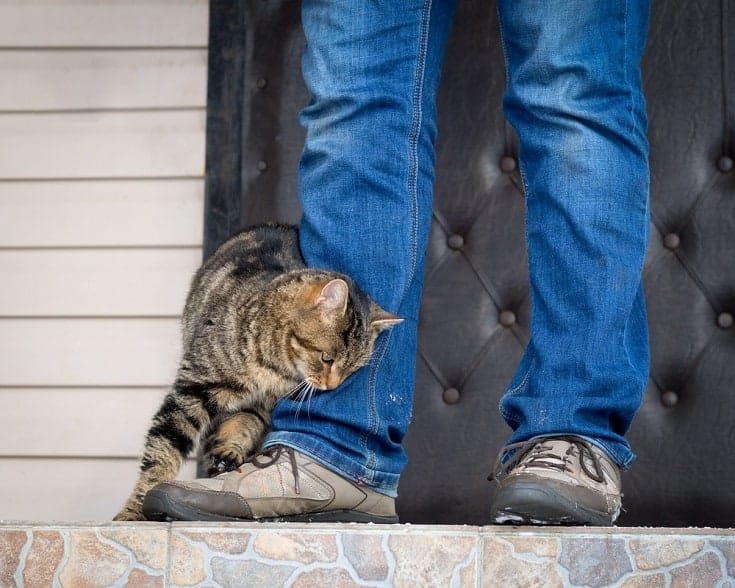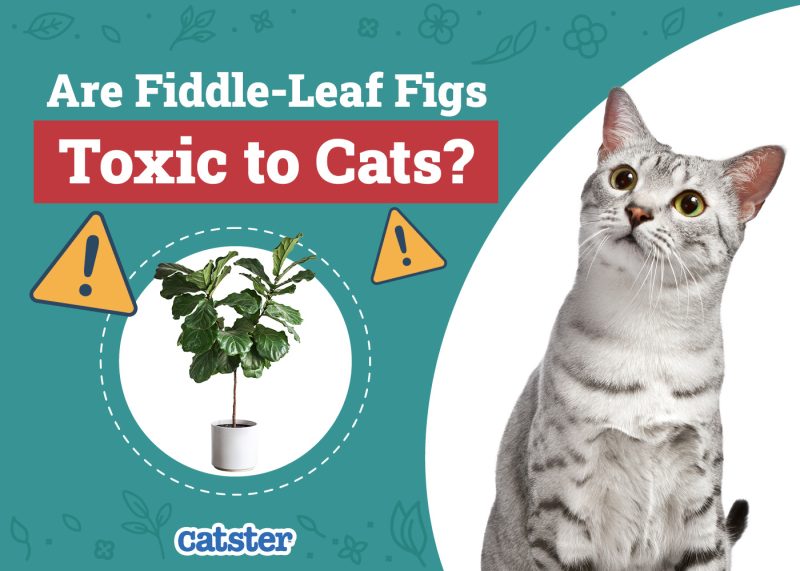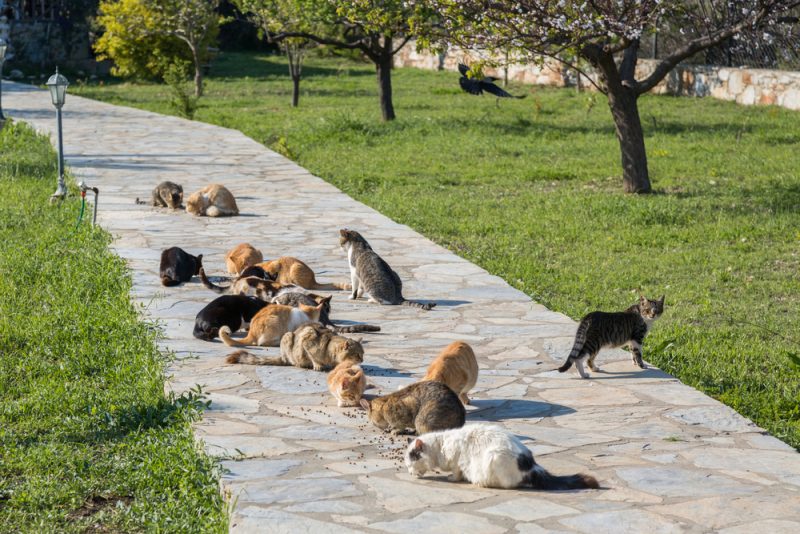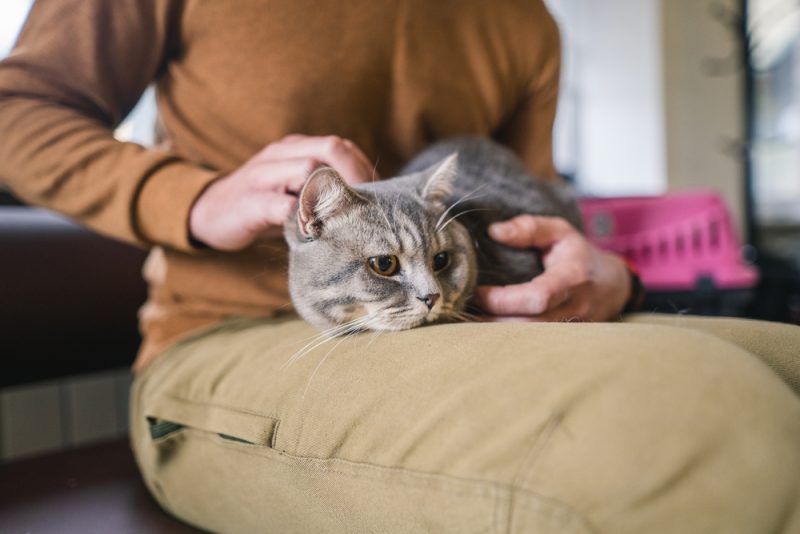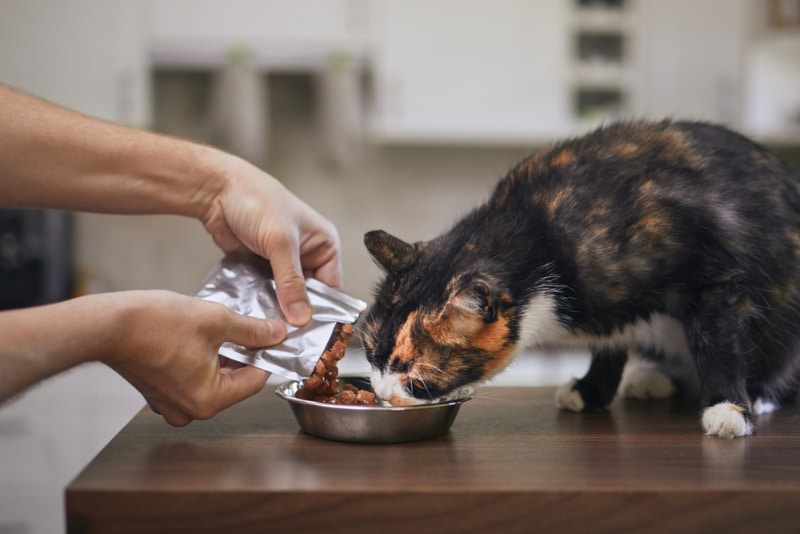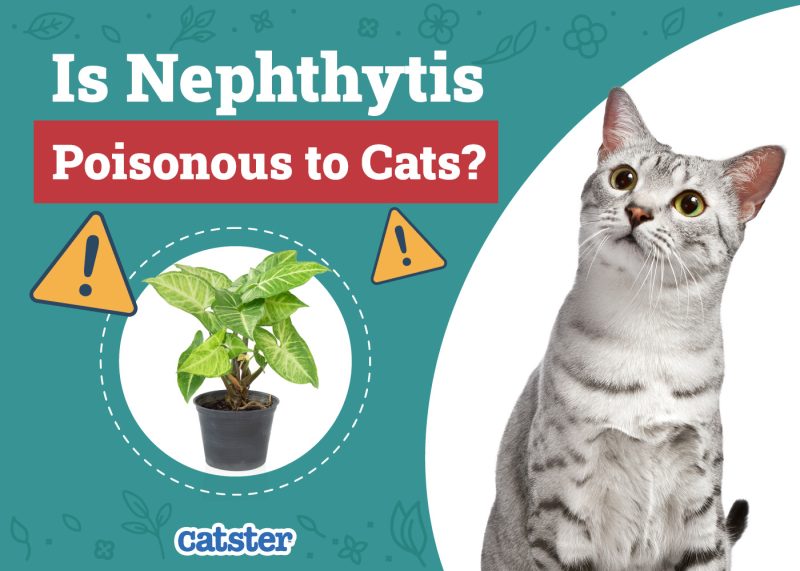In this article
A beautiful garden and neighborhood cats often don’t go hand-in-hand. Cats are notorious for digging into garden beds to defecate, and some can’t resist gnawing at plants, too. To keep your garden looking its best, you’ll need to take preventative steps to keep your cats far away.
Some people praise coffee grounds as an effective cat deterrent, but is it? It can be as cats despise the smell of coffee grounds and will stay as far away as they can. However, is it safe for cats to consume the grounds? Caffeine ingestion can become an issue, so you should be careful if you use it in your garden.
Keep reading to learn more about recycling your old coffee grounds to keep your garden cat-free.

Why Do Cats Like Gardens?
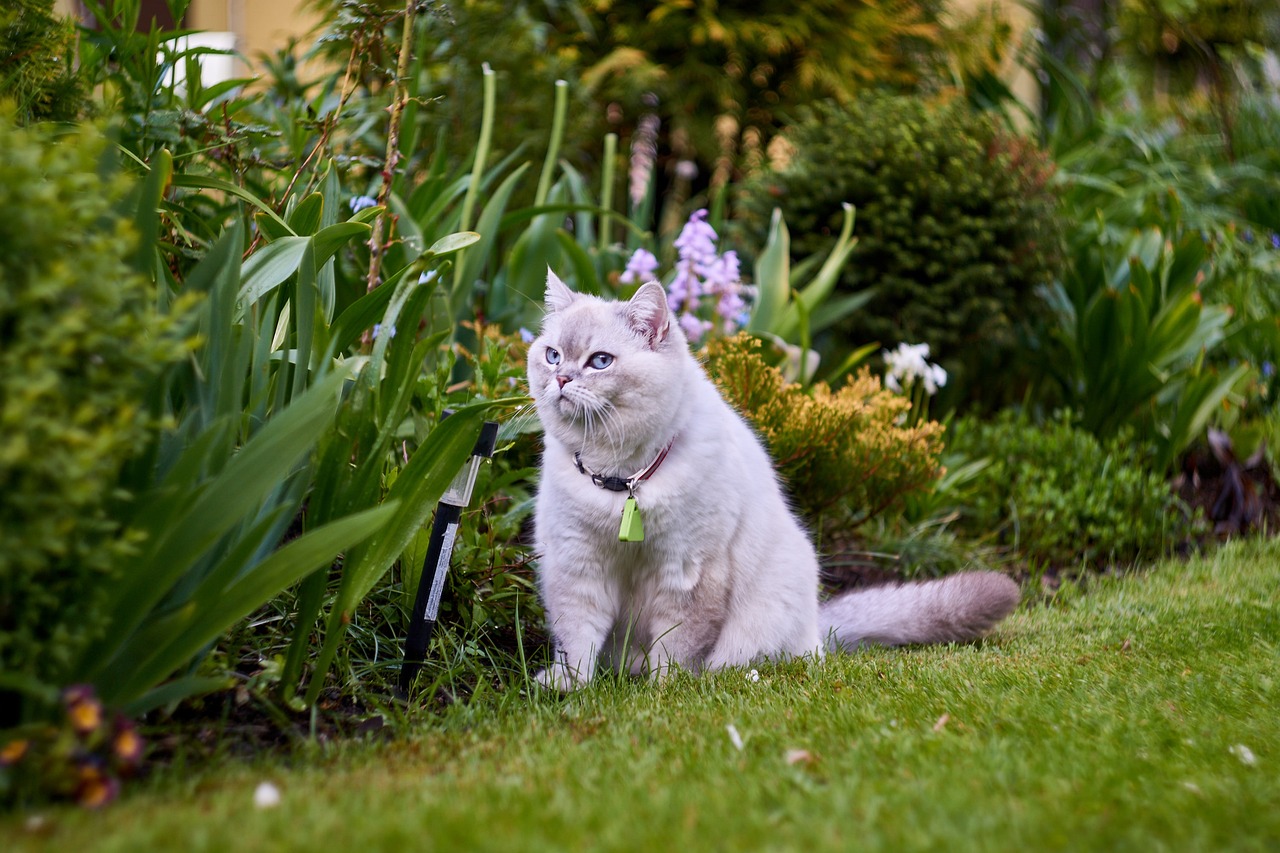
Outdoor cats will seek bare soil for their toilet when they’re outside. This makes flower and vegetable gardens an easy-to-find and convenient target. While it would be easy for us to let them use the soil in our gardens as a toilet, it’s not recommended.
Not only will the feces smell up your garden and outdoor space, but it’s also not something you want to find when digging in your soil. The last thing you want near your Caesar salad-destined romaine lettuce is a pile of parasite-ridden cat feces.
What Are the Benefits of Using Coffee Grounds in Your Garden?
The most obvious benefit of using coffee grounds in your garden is that it should deter cats from entering and soiling amongst your flowers and veggies. Coffee grounds’ smell and bitter taste might also keep other pests like ants or snails out.
Aside from keeping cats and pests out, many gardeners use coffee grounds as fertilizer in their soil since they contain several nutrients essential to plant growth, such as potassium and phosphorus.
In addition, it can add organic material to your soil, improving drainage and water retention. Some gardeners even suggest that coffee grounds can aerate the soil, too. The grounds can help the microorganisms your plants need to thrive and may also attract earthworms.
Will Coffee Grounds Hurt My Cat?
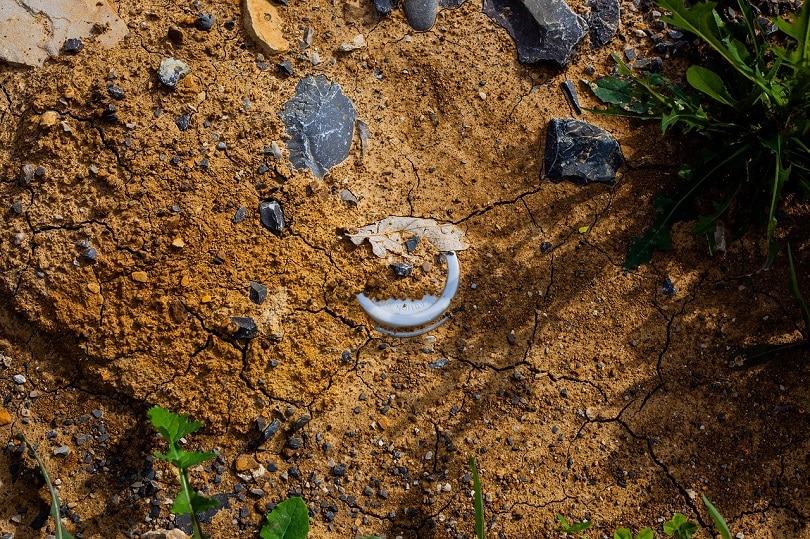
Cats can accidentally ingest coffee grounds if they step on them in your garden and lick their paws while cleaning themselves. They can have a very extreme reaction to caffeine, which makes coffee grounds dangerous.
If you choose to use the grounds in your garden, you should ensure your kitty doesn’t accidentally ingest them. When you first start using them, sprinkle just a little to test the waters and see if it will deter your cat. Keep an eye on your pet around your garden, and if they continue to dig or walk throughout the soil, you should consider using a different kind of deterrent.
How Can I Use Coffee Grounds in My Garden?
Use just a thin layer and spread it throughout the garden beds in areas where you want to deter cats. Reapply the thin layer every week to keep the scent fresh so it can continue to keep cats away.
Don’t use too much since the particles can clump together and create a water-resistant barrier. Don’t expect immediate results, either. It may take a month to determine if the grounds have worked their magic.

What Other Deterrents Can I Use in My Garden?
If you don’t drink coffee or want to avoid the risk of caffeine consumption, there are several other safe deterrents you can use to keep cats out of your garden.
Scents
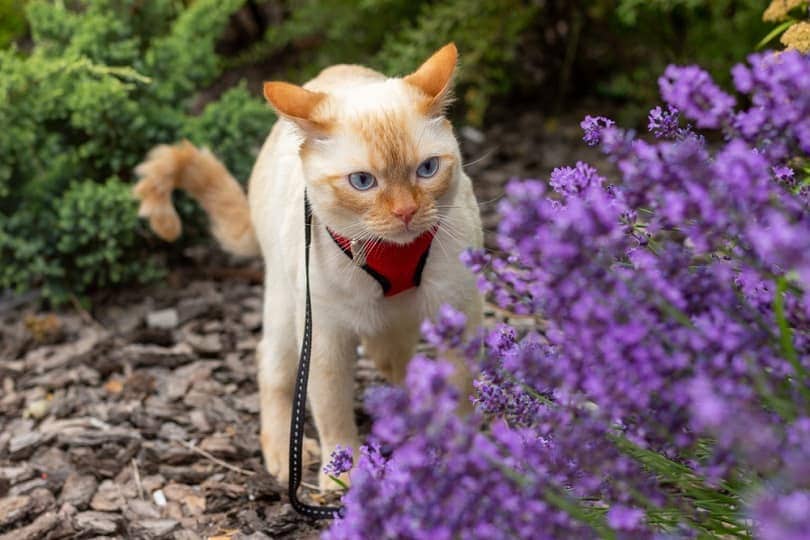
Cats do not like citrusy scents, and you can add old orange peels or lemon and lime rinds to your soil. Some plants can act as a natural repellent since cats don’t like their smell. This includes lavender, rue, and coleus canina. Try planting them around the border of your garden, or mix them throughout.
Vinegar
Some gardeners have luck using vinegar as a repellent for indoor and indoor plants. Try mixing white vinegar with water and dish soap in a spray bottle. Shake the bottle gently to combine the ingredients and spray it directly on your plants.
Sensations
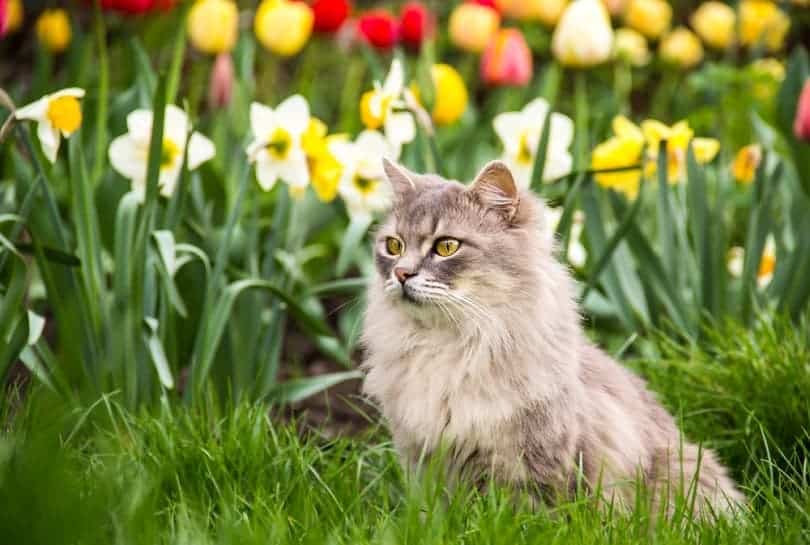
Cats don’t like the feeling of anything prickly on their feet, and pushing pine cones into the soil can work great to keep them away. You can get the same results from putting stone mulch or eggshells in the soil.
Outdoor-rated scat mats, like this one from Homarden, have small spikes that will not harm cats but deter them from entering your garden.
Ultrasonic Cat Repeller
Ultrasonic repellers are triggered by motion. They emit an ultrasonic alarm that doesn’t hurt cats but startles and spooks them away. Humans cannot hear the sound, and it won’t annoy your family or neighbors.
We like this affordable option from AMIATCH. It’s waterproof, solar-powered, and USB-chargeable. The polycrystalline solar panels enhance its charging function, allowing it to work longer on a single charge.
Motion-Activated Sprinkler
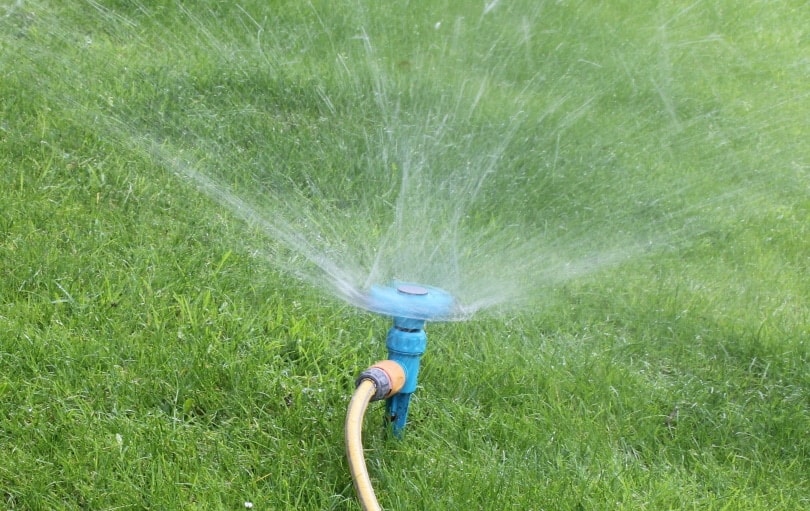
Motion-activated sprinkles can help if pests regularly visit your garden. The Orbit 62100 Yard Enforcer is an excellent device since it allows you to choose between several modes, including day-only, night-only, or 24-hour protection. In addition, its highly intelligent sprinkling technology knows the difference between animals and trees so that you won’t be wasting water anytime the wind blows.

Final Thoughts
Coffee grounds can deter cats, and if you drink coffee, you’ll save money using the grounds instead of commercial deterrents. The dried grounds are also beneficial to your soil. While they can be used in your garden to repel cats, there are safer options if you’re worried about your beloved kitty accidentally ingesting them.
Featured Image Credit: DGLimages, Shutterstock
